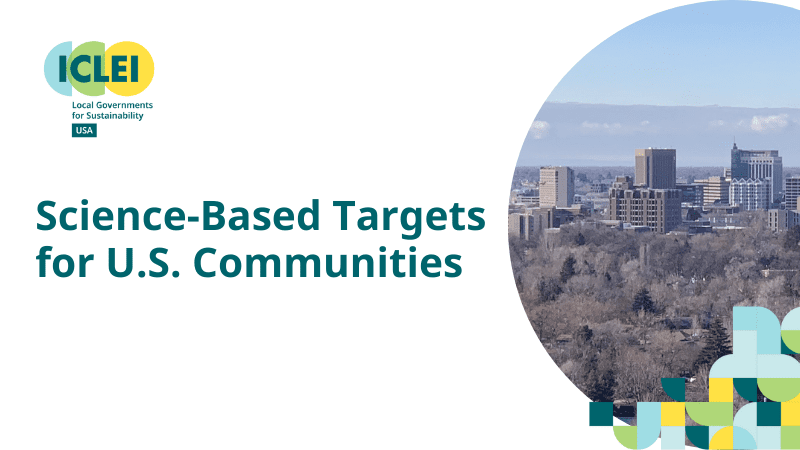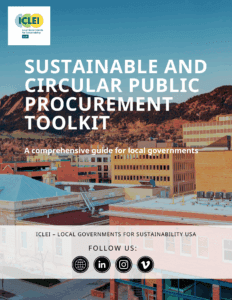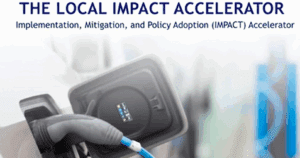Science-based targets (SBTs) are climate goals in line with the latest climate science. They represent your community’s fair share of the ambition necessary to meet the Paris Agreement commitment to keep warming below 1.5 °C. To achieve this goal, the Intergovernmental Panel on Climate Change (IPCC) states that we must reduce global emissions by 50% by 2030 and achieve climate neutrality by 2050. This is why SBTs are often presented as 2030, or interim, targets. Equitably reducing global emissions by 50% requires that high-emitting, wealthy nations reduce their emissions by more than 50%.
Science-based targets build internal and external support needed to achieve ambitious greenhouse gas reductions and boost public confidence in local climate action. They show local governments what reduction is needed by 2030 and 2050, spurring innovation and collaboration.
Participation in the Race to Zero, a global campaign led by the United Nations climate champions and in partnership with ICLEI, C40, CDP, World Resources Institute and more, requires cities to set a 2030 target, which “reflects maximum effort toward or beyond a fair share of the 50% global reduction in CO2 by 2030 identified in the IPCC Special Report on Global Warming of 1.5 °C.”
This guide provides steps to calculating SBTs, information about ICLEI USA’s SBT methodology, and the importance of the Race to Zero.
As an ICLEI USA member, you can access our “Science-Based Targets Guidance for Inventories” through the ICLEI Community. ICLEI members not using the Community can register here. Not an ICLEI member? Get in touch with us at iclei-usa@iclei.org.



